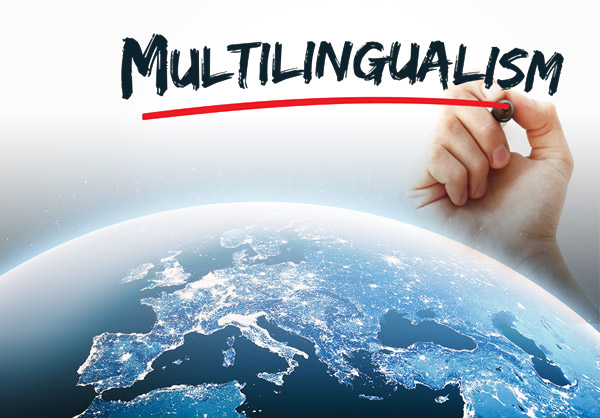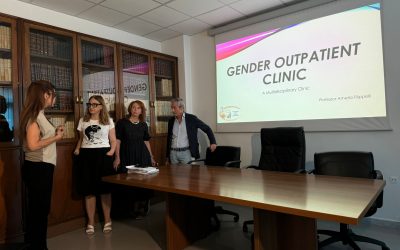In the Europe of universities, increasingly interconnected and international, language plays a key role. Welcoming students from different countries, creating joint programmes, publishing research accessible at a global level: all these activities require not only language skills, but also clear and shared strategies.
This is why more and more universities are adopting a Language Policy, that is, an institutional linguistic policy that defines how languages are used and valued in teaching, research, and academic life.
A Language Policy is not a bureaucratic document, but a strategic tool to ensure inclusion, quality, and international openness.
The European framework: multilingualism as a value
The European Union recognises multilingualism as an identity pillar and a political objective. Since the Maastricht Treaty, linguistic diversity has been considered an integral part of the European project, and the Commission encourages academic institutions to promote language learning and equal access to knowledge.
In the context of the European Higher Education Area (EHEA), the language issue is directly linked to crucial themes such as student mobility, comparability of qualifications, and the internationalisation of curricula. A well-structured Language Policy helps find the balance between:
- the use of English as the lingua franca of research and academic cooperation;
- the protection and promotion of national and regional languages;
- linguistic support for students and staff to ensure inclusion.
The Italian context and guidelines for universities
In Italy, the issue of language policy is increasingly relevant, especially in light of the growing internationalisation of study programmes and Erasmus+ mobility.
The Ministry of University and Research (MUR) promotes the diversification of the educational offer in English, but at the same time calls on universities not to neglect the centrality of the Italian language as a vehicle of cultural and scientific identity.
Many Italian universities have started to adopt institutional Language Policies, which define objectives and tools to develop bilingual or multilingual courses, guarantee language services for international students, promote continuous language training for lecturers and administrative staff, and ensure that language does not become a barrier but a bridge to knowledge.
Why a Language Policy is fundamental for NEOLAiA and UNISA
Within the framework of NEOLAiA, Work Package 7 is entirely dedicated to the definition and testing of shared Language Policies, which means working on several strategic fronts:
- Inclusion and accessibility: ensuring that all students, regardless of their mother tongue, can fully participate in academic life.
- Valuing diversity: promoting multilingualism as a resource, strengthening European identity and interculturality.
- Internationalisation of teaching and research: offering courses in foreign languages without losing the link with the Italian language, encouraging incoming and outgoing mobility.
- Long-term sustainability: defining shared linguistic standards among partners consolidates the alliance and strengthens its ability to have an impact at the European level.
Language Policies, therefore, are not just regulations: they are tools for building universities that are more open, inclusive, and sustainable.



